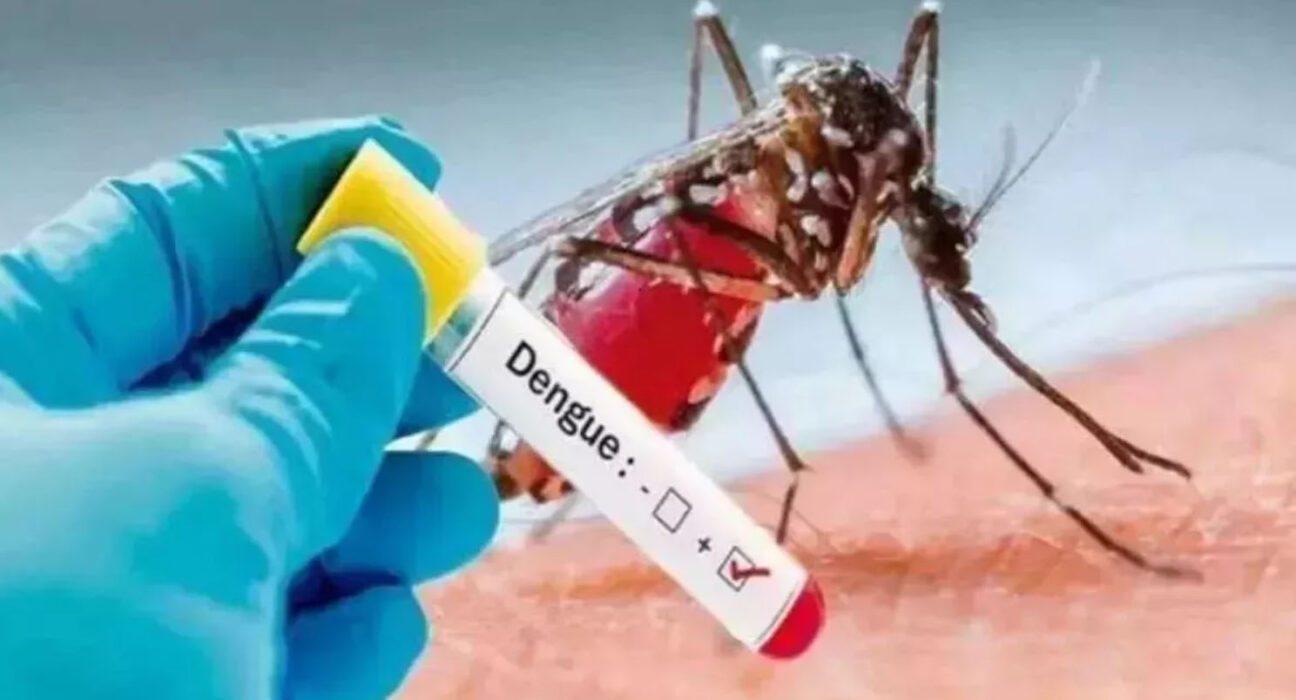Dengue Outbreak in Delhi: MCD Deploys Drones to Tackle Mosquito Menace

New Delhi: With the Yamuna water level receding and flood-hit families gradually returning to their homes along the riverbanks, Delhi is now grappling with a fresh challenge—mosquito-borne diseases. The Municipal Corporation of Delhi (MCD) has launched an unconventional strategy: deploying drones to spray anti-larval chemicals in stagnant water pockets that are otherwise difficult to access.
According to officials, the move comes in response to the increasing risk of dengue and malaria outbreaks in low-lying areas where floodwater and mud have created ideal breeding grounds for mosquitoes. This is the second time drones are being pressed into service in flood-affected zones. During the COVID-19 pandemic, the civic body had also experimented with drones for sanitization drives.
“From Garhi Mandu village to Yamuna Bazaar, Vasudev Ghat, Ashok Nagar, and Sonia Vihar, families displaced by rising Yamuna levels are now returning to their makeshift homes. Many of these areas still have patches of stagnant water, which could become mosquito breeding hubs,” said a senior MCD official. “Drones will allow us to reach those inaccessible spots and carry out targeted spraying.”
The civic body is complementing drone operations with ground-level measures. Pressure jetting machines are being used to spray insecticides in water-clogged areas, while fogging operations are being conducted across vulnerable neighborhoods. On Saturday, insecticide was sprayed at the Police Training School in East Delhi, where waterlogging had persisted for weeks.
For now, the MCD is operating a single drone but has kept the option open to expand the fleet if needed. A special task force of 136 workers has been deployed exclusively for mosquito control in flood-affected regions. So far, anti-larval spraying has been carried out at 1,346 sites, while 4,329 homes have undergone fogging. Awareness campaigns are also underway to alert residents about preventive steps.
The latest MCD health bulletin, released on September 6, recorded 264 malaria cases, 557 dengue cases, and 42 chikungunya cases in the city. Fortunately, no fatalities have been reported yet. Historically, mosquito-borne diseases in Delhi tend to peak in September and October, making the civic body’s intervention both timely and critical.










